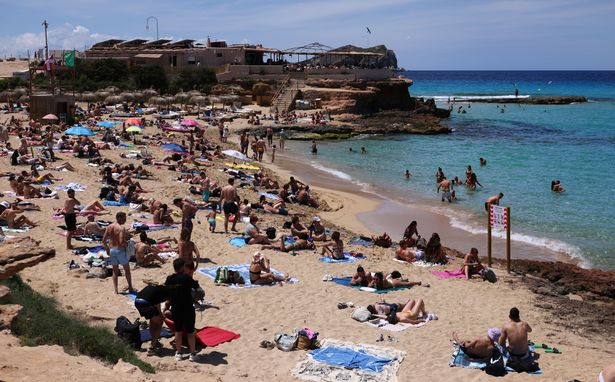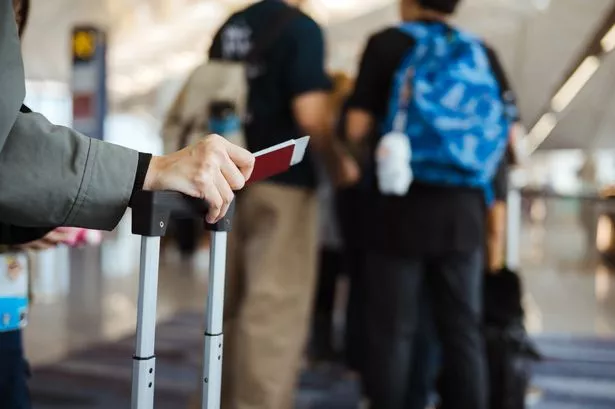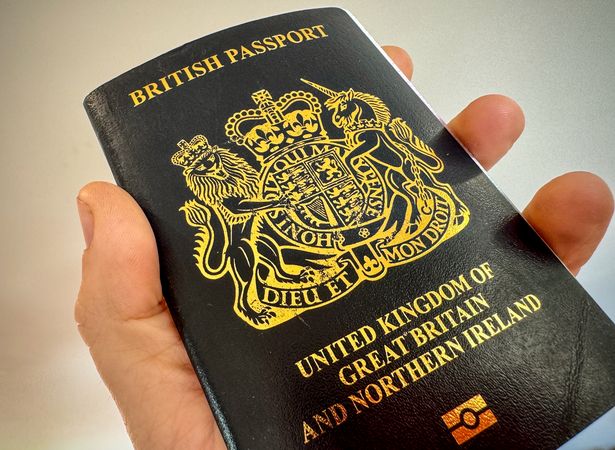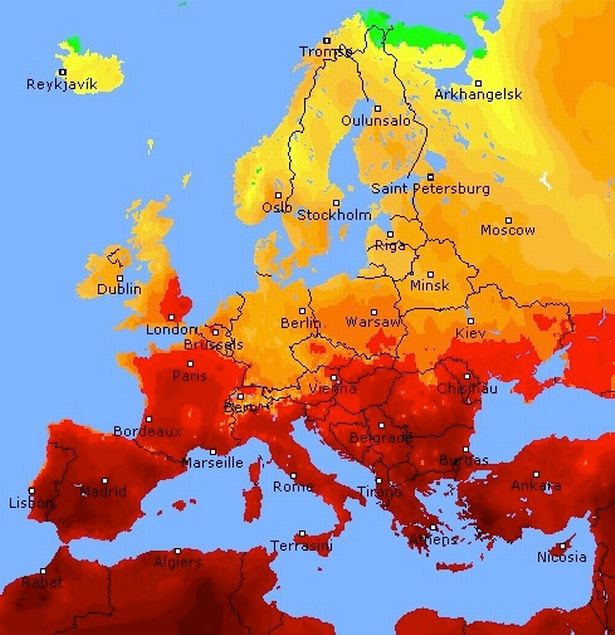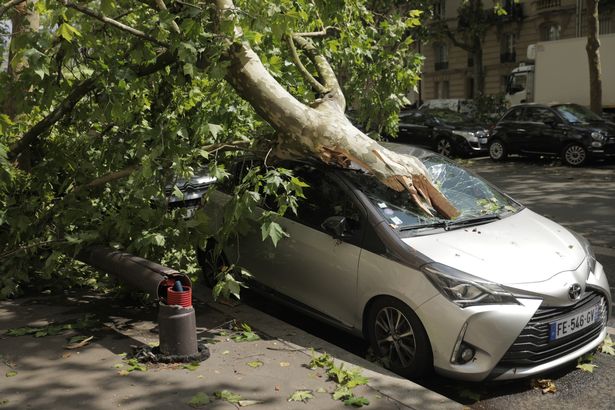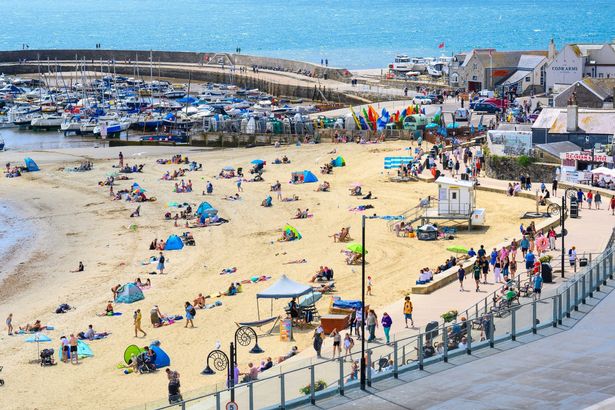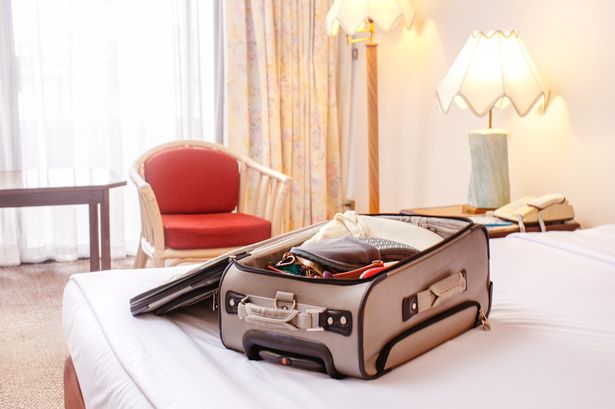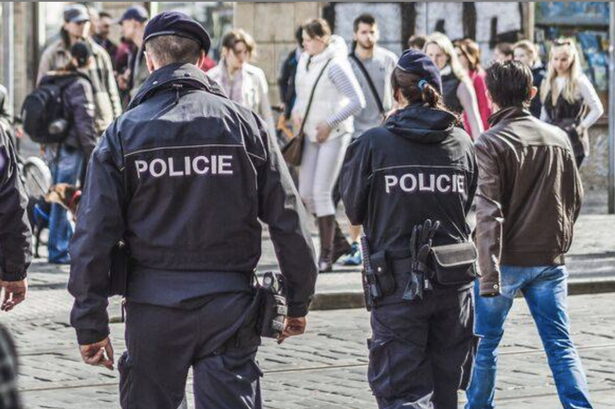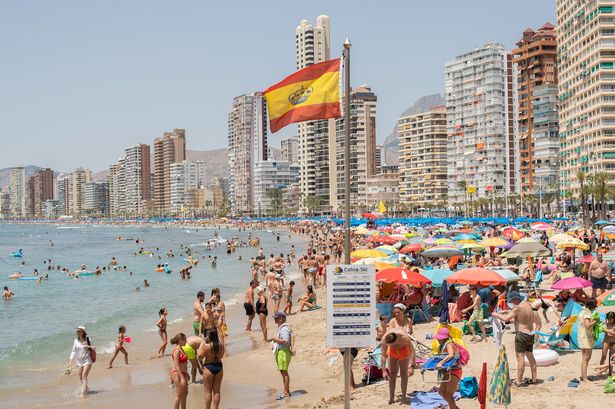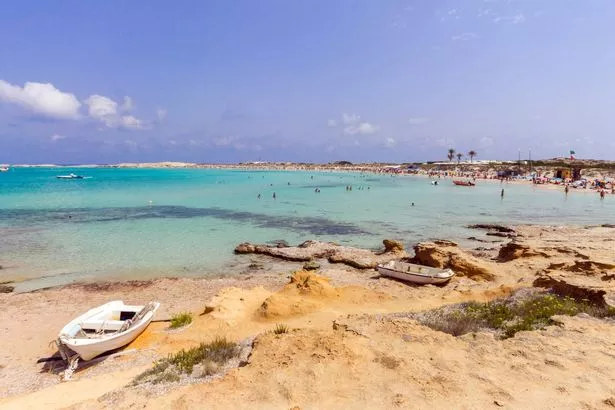People heading abroad this summer are being warned to beware of a growing airport scam targeting holidaymakers’ precious items, with thieves going for those who’ve just arrived on holiday
Brits warned of airport scam where most people don’t realise they’ve been robbed
People heading abroad this summer are being warned to beware of a growing airport scam targeting holidaymakers‘ precious items.
Jeweller, designer goods and high-end watches are all in the sights of sticky-fingered thieves who operate at airports. Security experts say distraction thefts and “switch” scams – where a thief subtly swaps your real item with a fake – are rising in hotspots like baggage claim areas, duty-free counters and outside taxi ranks.
And it’s not just obvious valuables like Rolexes or diamond jewellery at risk. Mid-range watches are also being eyed up by organised thieves who strike when tourists are tired, distracted or unaware.
READ MORE: Jet2’s ‘final chance’ message to people booking summer holidays
Danny Toffel, managing director at Watches2U, says there are a few simple ways to protect your valuables when travelling.
“We’re seeing more reports from customers who’ve had close calls or actual thefts at airports abroad. It often starts with a small distraction – someone asking for directions, offering to help with bags or creating a minor commotion,” Danny said.
“While you’re looking the other way, they or an accomplice take the opportunity to grab a loose bag or swap an item.”
The most common locations for watch and jewellery thefts in airports include baggage reclaim areas, especially if you step away from your trolley or bags even momentarily.
Duty-free counters are another hotspot, particularly when people are distracted trying on jewellery or inspecting items behind glass. Outside taxi ranks and pick-up zones, thieves often work in pairs, using the moment someone is loading luggage to make a move on a visible item or unsecured bag.
Danny warns that visibly wearing high-end items, or placing watches in easily accessible bag pockets, makes you a prime target.
“Scammers tend to look for signs that someone is carrying something expensive – and whether they’re too distracted to notice something being taken or switched,” he said.
READ MORE: Ryanair forced to cancel 800 flights and reroute planes amidst ongoing tensionsREAD MORE: Greece holiday warning as tourists face huge fines for wearing common item
The security expert recommends keeping your watch on your wrist or in secure hand luggage rather than in jacket pockets or checked bags. Tourists should also be wary of helpful strangers at baggage belts or taxi queues who seem unusually interested in assisting with bags or directions.
“Wearing a cheaper travel watch is a smart move if you’re flying into busy tourist hubs. Keep your expensive pieces for secure evenings or hotel safes – not airport terminals,” Danny said.
He also stressed that most thefts are opportunistic, adding: “Being aware of your surroundings and keeping valuables close – and discreet – can make all the difference.”



